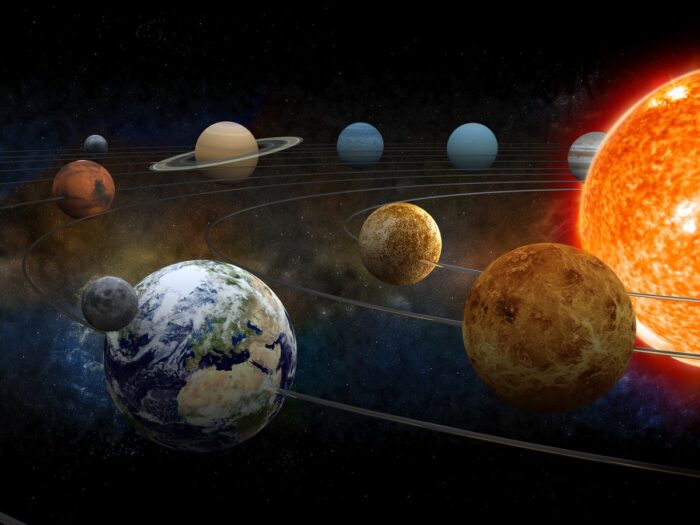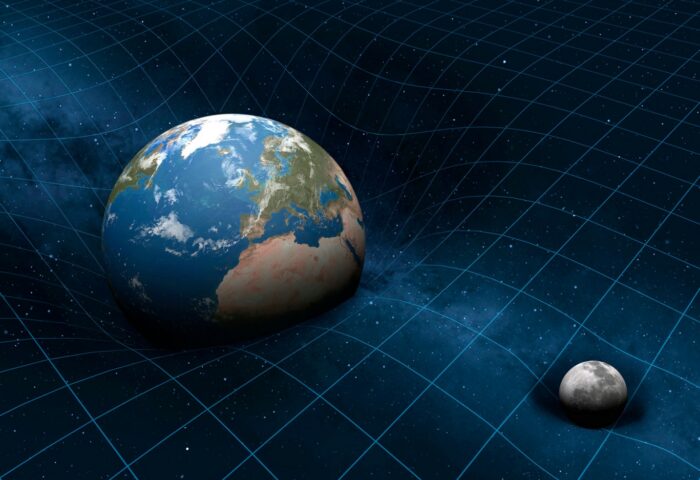
Gravity is one of the fundamental forces of nature that governs the behavior of objects in the universe. It is the force that draws things together and holds them there. However, despite its importance in our daily lives, many of us do not truly understand what gravity is or how it works. If you’re one of those who has always been curious about this topic, then you’ve landed on the right page. This blog post will explore gravity generation, how it works, and some of the fascinating facts about this unrelenting force of nature.
To put it simply, gravity is the force that draws two objects toward each other. The strength of the force is determined by the mass of the objects and their distance from each other. This fundamental force is what keeps the planets in our solar system in orbit around the sun and why we stay grounded to the Earth’s surface. However, understanding the true nature of this force requires a deeper dive into the physics and math behind it.

What Is Gravity?
Gravity is a fundamental force that plays a crucial role in the universe as we know it. It is defined as the force that attracts two bodies toward each other. Most commonly, it is associated with the force that holds our planet in orbit around the sun and pulls objects towards Earth, but its effect is felt at scales ranging from individual atoms to entire galaxies. Our understanding of gravity has evolved over time, particularly with the famous theories of Sir Isaac Newton and then Albert Einstein’s work on general relativity. Thanks to these theories, we have been able to explain how gravity works and how it influences our daily life, from the tides in our oceans to the movement of planets in our solar system.
History of Gravity Theory
Gravity is a fundamental force of nature that has been studied for centuries. The history of gravity theory can be traced back to ancient times when the Greek philosopher Aristotle suggested that heavier objects fall faster than lighter ones. However, it wasn’t until the 17th century that English scientist Sir Isaac Newton formulated the laws of gravity as we know them today.
Everything in the universe is dragged to every other object by a force that is inversely proportional to the square of their distance from one another and proportionally to the product of their masses, according to Newton’s theory of gravity. This theory proved to be extremely accurate and was accepted for hundreds of years until Albert Einstein’s theory of general relativity fundamentally changed our understanding of gravity. Despite this, Newton’s laws remain incredibly valuable and are still used in various scientific fields to this day.
Read More: 20 Intelligence Quotes to Let You Know More About It

How Does Gravity Work?
Gravity is a fundamental force of nature that attracts all physical objects toward each other. It is one of the four fundamental forces, the others being electromagnetism, weak nuclear force, and strong nuclear force. According to the theory of general relativity, gravity is the result of the curvature of spacetime caused by the presence of massive objects. The more massive an object, the more it warps spacetime and the stronger its gravitational force.
However, this concept remains difficult to grasp for many people as it requires a solid understanding of the principles of relativity, the mathematics that describes it, and the nature of space and time. Nonetheless, understanding how gravity works in the physical universe is crucial to comprehend many phenomena and the behavior of objects that encompass it.
Applications of Gravity in Everyday Life
Gravity plays an important role in our daily lives, even though we may not always be aware of it. At a basic level, gravity helps to keep us grounded and allows us to move around with ease. It is also responsible for the motion of celestial bodies, such as planets and moons, which are affected by its pull. Here are some of the other applications of gravity in our everyday lives:
- We rely on gravity to generate electricity. It is used in hydroelectric power plants, which use the force of falling water to drive turbines and generate electricity.
- Gravity helps satellites stay in orbit around Earth. This allows us to access communications networks and GPS navigation systems.
- Gravity is responsible for the tides in our oceans, which are caused by the gravitational pull of the moon and sun on Earth’s waters.
- It also helps to hold together galaxies such as ours, which would otherwise disperse due to their immense rotation speeds.

Gravity and Its Effects on Our Lives
Gravity is a fundamental force that plays a vital role in shaping our universe and impacts our daily lives in more ways than we may realize. The solar system is held together by this force, which is how a planet or other body pulls things toward its center. Gravity is a highly complex phenomenon that cannot be seen or touched, yet its effects are profound. It determines the motion of celestial bodies, influences the tides and weather patterns on our planet, and affects our bodily functions, such as circulation and bone density.
Despite being one of the oldest theories in science, our understanding of gravity is far from complete. This mysterious force remains a topic of ongoing research and study as scientists around the world strive to better comprehend its effects on our universe and our lives.
In Conclusion
Gravity is a fundamental force of nature that affects every object in the universe. As explained, it is the result of the warping of space-time caused by massive objects such as planets, stars, and galaxies. Einstein’s theory of relativity provided a better understanding of gravity, and it has been confirmed by numerous experiments and observations.
Understanding the workings of gravity is crucial for our understanding of the universe, and it has practical applications such as spacecraft navigation and global positioning systems. As we continue to explore and study the universe, we can expect to uncover even more about this fascinating and fundamental force.





